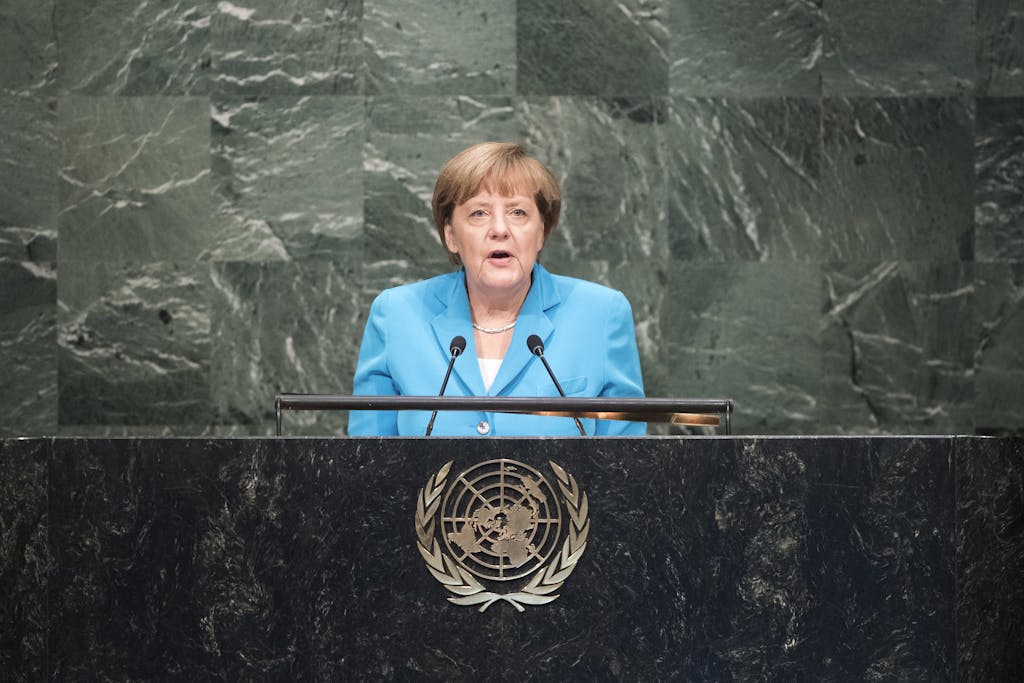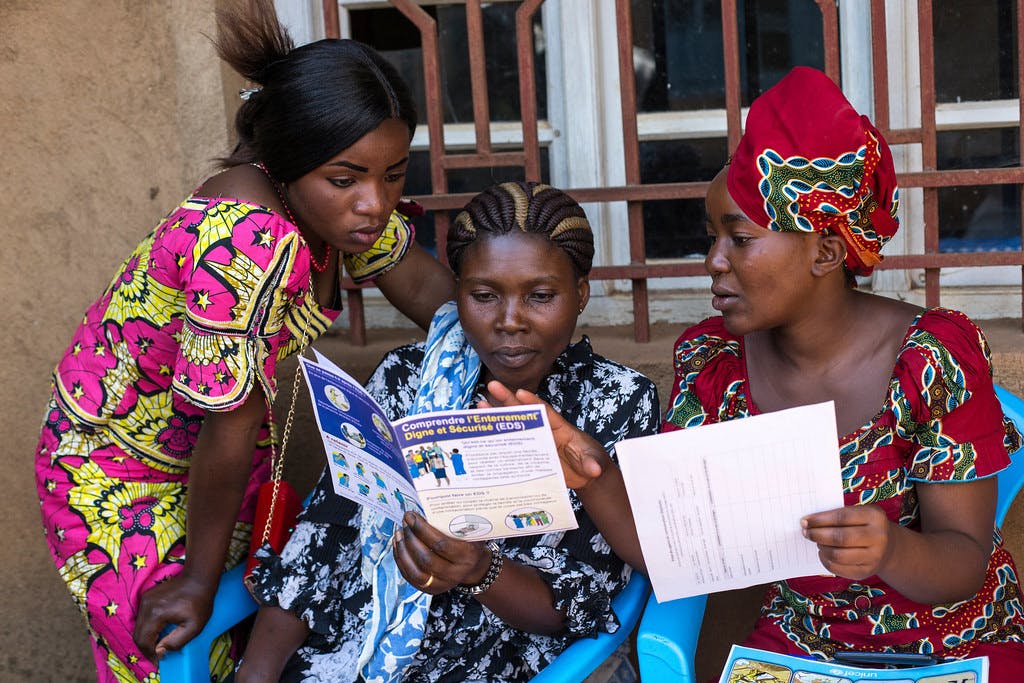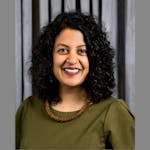Women’s and girls’ inclusion, and bold leadership are necessary more than ever as we seek to reach the Sustainable Development Goals by 2030.
Nothing about us without us.
That was the prevailing theme of a recent conversation during the UN Foundation’s Global Dialogue on how to scale women’s leadership as the world seeks to advance our Global Goals and pursue a better and fairer world for all.
“There is no future for men without women’s bright future,” said Angélique Kidjo, a four-time Grammy award winner and founder of Batonga Foundation, which gives the hardest-to-reach girls and women the knowledge and skills they need to be change agents in their own lives and communities. “We are in it together.”
The necessity and urgency for increasing women’s inclusion and leadership are more pronounced than ever. As we begin the Decade of Action with ambitious goals to reach by 2030, it’s essential that the world’s girls and women are included everywhere decisions are being made, and that they benefit from equal rights and equal opportunity.
Because when women lead, we all do better.
There is a wealth of data and evidence that shows that when women lead within governments, they are more likely to prioritize health and well-being and our natural resources. When they participate in peace processes, the results are more inclusive and durable. When they lead within companies, those companies make more money and have less turnover. When they lead within economies, those economies grow.
The global health crisis has sharply demonstrated the power of women’s leadership: New Zealand’s Prime Minister Jacinda Ardern. Germany’s Chancellor Angela Merkel. Finland’s Prime Minister Sanna Marin. Barbados’ Prime Minister Mia Mottley. They have all been especially successful in fighting the coronavirus and saving the lives of their citizens — a case study in women’s leadership for years to come.

Including the expertise and perspectives of women is particularly urgent now. Women —especially black and Hispanic women working in hardest-hit sectors like leisure and hospitality, health care, and education — have been disproportionately burdened by the COVID-19 pandemic. There has been an alarming and global rise in violence, particularly domestic violence, which has intensified since the outbreak. And millions of women have served as our front-line and essential workers throughout the crisis, placing their lives at greater risk. Women’s participation in the labor market around the world has slightly declined since the Fourth World Conference on Women in Beijing 25 years ago, and now an astounding number of women are leaving the workforce as the unpaid care burden escalates at home.
The struggle for gender equality is poised to lose “generations worth of progress,” as the UN Secretary-General put it just weeks ago.
But it is a mistake to assume girls and women exist only to absorb the worst consequences of a crisis. Community builders like Kidjo have proven that time and time again. The Batonga Foundation, for example, has recently served the needs of girls living in two African villages with no electricity and no running water, helping them use a solar power business to obtain and distribute soap and water and the information their community members need to prevent the spread of the coronavirus.
Listening to girls and women and making sure they have access to what they need is step 1. Changing the way they are viewed by the world is step 2.

According to Diana Amini, a noted nonprofit leader and current global manager of the H&M Foundation, when women can see others building enterprises and challenging the stereotype of what a business leader can look like, change can happen fast.
In 2017, the H&M Foundation launched the Foundation 500: a list of female entrepreneurs, all women of color and all from the developing world, growing their business in the toughest environments. Each woman on her list is a source of ingenuity, change, and power.
“Seeing is believing,” said Amini. “The decisions that are good for women benefit us all.”
June Ambrose agrees. As a style architect and culture definer for more than 25 years, Ambrose has been working at the intersection of hip-hop and high fashion, and at the vanguard of fashion’s ability to impact society, she spoke to the need to support women who embrace their power to lead. (Step 3!)
Asked what she would say to a woman who is waiting for permission to lead, Ambrose spoke of her own path and said: “Be bold. Be fearless. And non-apologetic.”
Ambrose has just begun a new partnership with Puma, where she will reflect and guide its commitment to diversity and equality through design, and, undoubtedly, without apology.
These pathbreaking leaders are examples of why the late Justice Ruth Bader Ginsburg argued that “women should be wherever decisions are being made.” The world doesn’t owe women the favor of letting them lead, but it has much to gain when they do.
Featured Photo: UN Photo/Evan Schneide



 View All Blog Posts
View All Blog Posts

